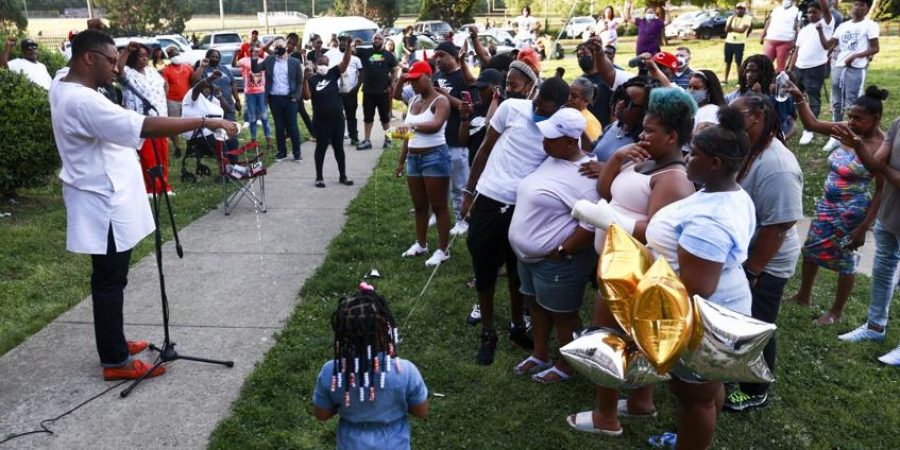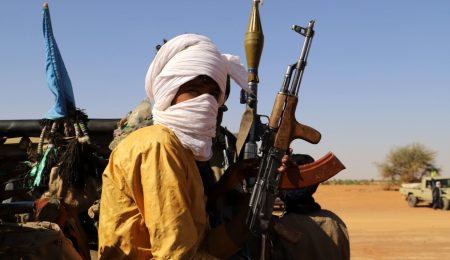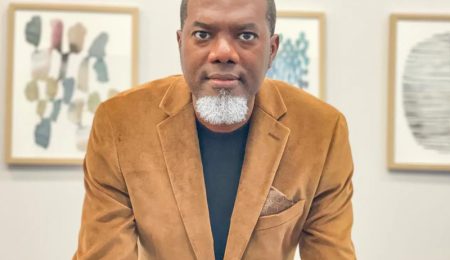Thousands of demonstrators poured into the streets of Nairobi and other cities on Wednesday to mark the one-year anniversary of Kenya’s deadliest protest day in recent memory, despite heightened fears of police violence and attacks by state-aligned gangs.
The commemorations come one year after security forces killed at least 60 people during widespread protests sparked by steep tax hikes and worsening economic conditions for Kenya’s youth. Rights organisations say many of the victims were shot by police during peaceful demonstrations last July.
This year’s rally, organised by civil rights groups and families of those killed, called for nonviolent protests to honor the lives lost. But heavy police deployment and barricades lined major roads into the capital, while razor wire fenced off government buildings.
Chants of “Ruto must go” echoed through the streets as demonstrators, predominantly young men, waved Kenyan flags and held placards bearing the faces of the slain. President William Ruto has faced growing criticism for what many see as a betrayal of the promises he made during his 2022 campaign.
“I came here because our fellow youth were murdered last year,” said Eve, a 24-year-old protester. “The police should protect us, not kill us.”
Angel Mbuthia, head of the opposition Jubilee Party’s youth wing, emphasised the emotional weight of the day, “They lost people who look like them, who speak like them, who were fighting for good governance.”
The memorial protests also followed the recent death of 31-year-old blogger and teacher Albert Ojwang, who died in police custody after allegedly criticising a senior officer. His death has ignited further anger over police brutality.
Six suspects including three police officers have been charged with murder but deny any wrongdoing.
Though authorities insist peaceful protests are permitted, activists report growing intimidation.
Last week, a peaceful rally was violently dispersed by armed gangs on motorcycles, allegedly acting in coordination with police forces.
In response, Western embassies including those of the US, UK and Canada issued a joint statement urging respect for peaceful protest and transparency in law enforcement. “The use of plainclothes officers in unmarked vehicles erodes public trust,” the statement warned.
Kenya’s Ministry of Foreign Affairs pushed back, urging foreign partners to respect the country’s governance context and to allow national institutions to address any abuses.
Public frustration with Ruto’s leadership continues to mount, especially among youth who feel betrayed by the lack of economic improvement. Although last year’s protests led to the withdrawal of a controversial finance bill, the government is still viewed by many as opaque and repressive.
Human rights groups have documented over 80 enforced disappearances of government critics since last year, with dozens still unaccounted for.
Despite earlier promises to end such practices, President Ruto defended police actions this week, declaring, “You cannot insult or threaten the police. You are threatening our nation.”
As the demonstrations continue, many in Kenya fear a return to the oppressive tactics of the country’s past and demand change before history repeats itself.
Erizia Rubyjeana
Follow us on:


